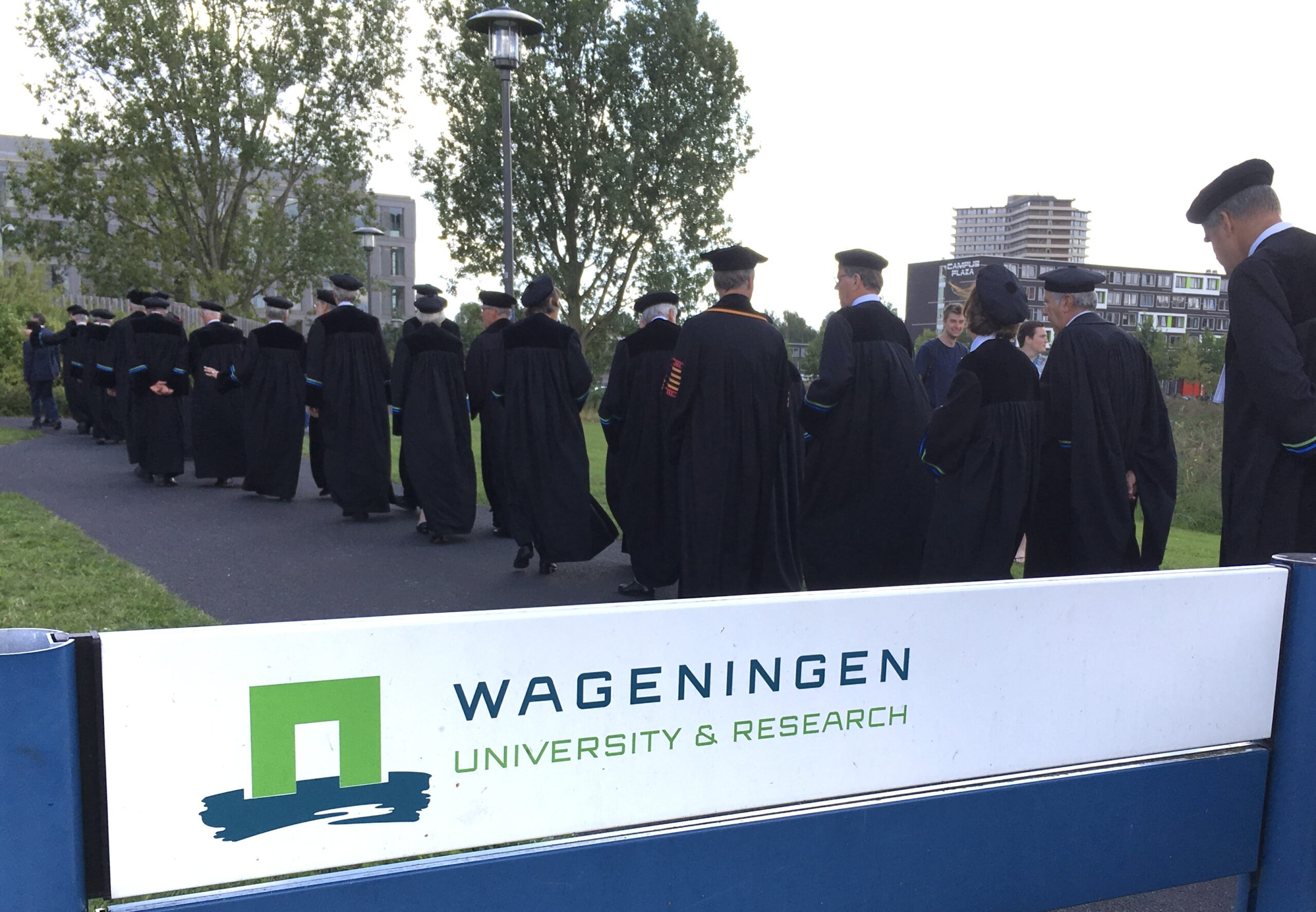The works council criticises the way in which the executive board (EB) intends to implement a new assessment method for academics. The current system is to be overturned for an alternative with an increased focus on the societal impact, teamwork and academic services such as contributing to workgroups and committees.
‘A broader assessment of researchers and teachers than is currently the case is positive in itself, says WUR council chair Jelle Behagel. ‘But recognition and reward are, again, translated into an assessment framework. Thus, the current culture of jumping through hoops and wanting to be best is not upturned.’
More needed
Recognising and rewarding is about more than just assessing, according to Behagel. ‘Many colleagues who are somewhere between PhD and professor feel underappreciated by the higher management segment. They are only told when things are not going well. The question is how you appreciate people beyond their career path. What else will the executive board do besides this plan?’
An assistant professor is perfectly capable of assessing an associate professor
Jelle Behagel, WUR Council chair
There is considerable criticism of the committees that will assess researchers and teachers every five years. ‘Hierarchy will continue to play an important role. The BACs (appointment advisory committee, ed.) are currently mostly made up of older, white males who have matured under the old system. They are expected to apply a different assessment framework. That is doomed to fail. That is not the way to achieve a change in culture.’
Reflection
The WUR council calls for assessment by peers. ‘We want an assessment by peers, particularly regarding the members of the committees responsible for assessing content. They could be people who are a little further along in their careers, but not necessarily. An assistant professor is perfectly capable of assessing an associate professor. We want assessment committees to reflect the university staff.’
Under the new systems, people are required to teach more hours!
Jelle Behagel, WUR council chair
The WUR Council also objects to the suggested minimum time per career path. Scientists and teachers are to spend at least 70 per cent of their time on research and teaching activities, respectively. ‘That is really a lot and obstructs switching between career paths’, Behagel states. ‘We want this to be cut back to 60 per cent, as is the case in the current Education Career Path. Under the new systems, people are required to teach more hours!’

 Illustration Valerie Geelen
Illustration Valerie Geelen 

![[Seriously?] Give students more credits](https://www.resource-online.nl/app/uploads/2024/02/WEB_De-neus.png)